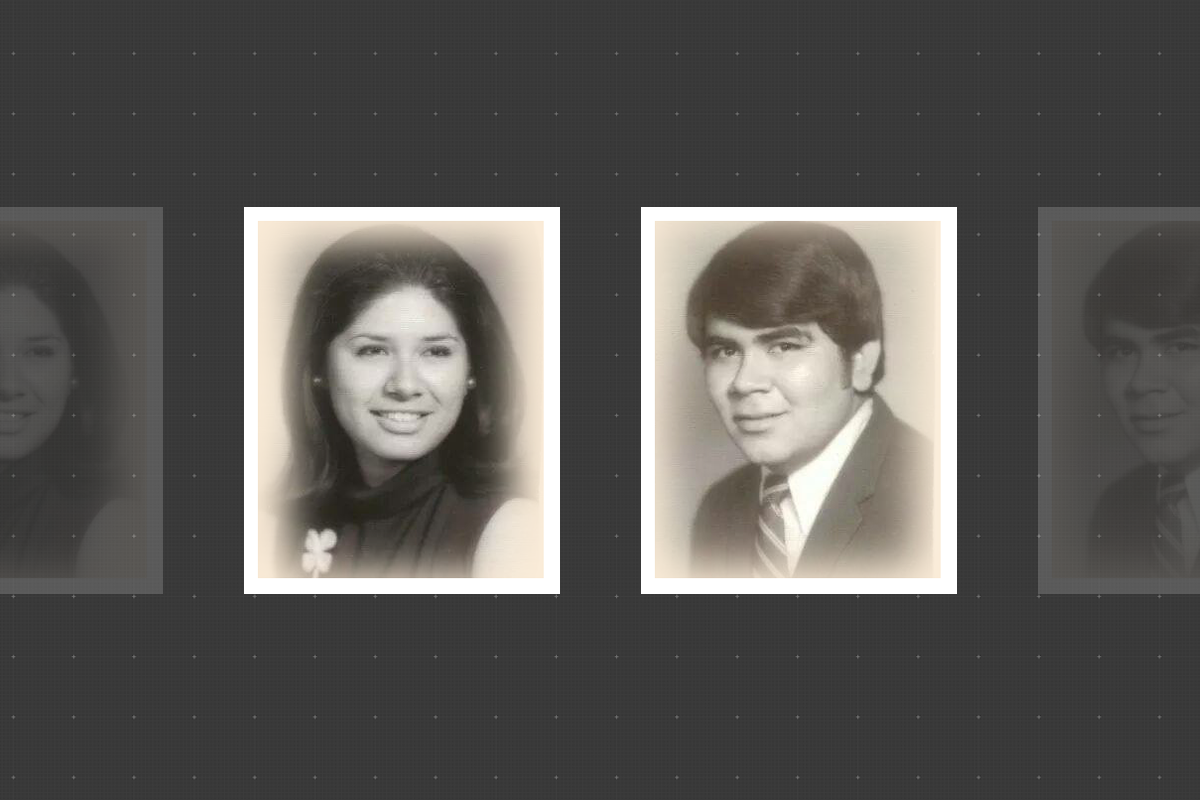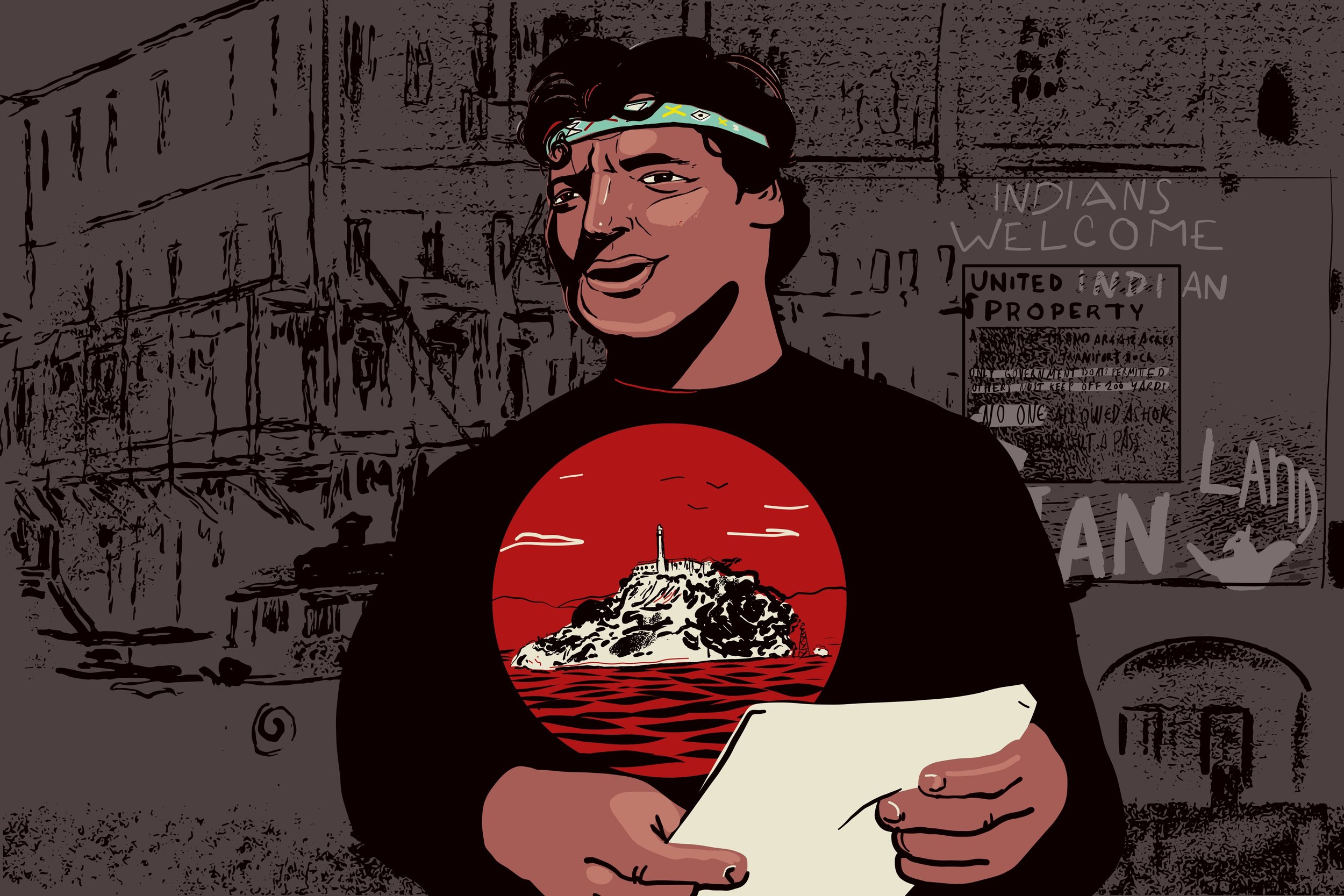
Janice Llamoca is a journalist and host of the VICE and LAist Studios podcast "Party Crews: The Untold Story," a part-memoir, part-true crime series about Latinx youth finding a safe space in the underground party scene in the 2000s. Her work has been featured in VICE, NPR, Latino USA, The New York Times, LA Weekly, Remezcla and more. Janice is a proud daughter of Peruvian immigrants of Quechua descent.
Award-winning bilingual audio journalist with over 9 years of long-form narrative podcast experience and over 14 years of writing experience in the media industry. Skilled in writing, pitching and original reporting for culture, music and history stories and dedicated to including diverse and compelling voices. A problem-solving senior producer proficient in Pro Tools and adept at leading teams in deadline-driven environments.
Party Crews:
The Untold Story
For many Latinx kids in the ‘00s, the party crew scene was a safe space to express themselves as they came of age in the grit and glitter of Los Angeles. A space to make friends, forget about your problems and dance the night away. But the scene wasn’t always physically safe. There were shootings and police raids. Many adults saw the scene as gang-adjacent and the media fueled negative stereotypes of kids who were out of control. One of the teens who got caught in that easy narrative was Emmery Muñoz, after she was murdered in 2006.
Host Janice Llamoca goes on a Y2K-filled journey back in time to her own party crew days to find out what this scene meant for teens like her and Emmery, and why – to this day – Emmery’s case remains unsolved. From iHeart, VICE, and LAist Studios in partnership with My Cultura Podcast Network.
Aired as an 8 episode + 2 bonus episodes series binge drop in March 2023
On #Solidarity
Over the past year, there have been numerous incidents of anti-Asian violence across the country. And after back-to-back videos of assaults on elderly people in the Bay Area went viral earlier this year, VICE News correspondent Dexter Thomas noticed a recurring theme — many comments on social media fixated on the fact that the attackers were Black. This is following a summer of protests against police brutality where many — including Asian Americans — showed solidarity with Black people on those same platforms. Here, Dexter digs into the legacy and current state of Black and Asian solidarity.
The Legacy of “Dora The Explorer”
In 1998, three television writers tasked with creating the next hit children's show came up with the idea of a young girl who would go on adventures, and ask questions directly to the audience. With the help of consultants, they created a seven year-old Latina girl named Dora Márquez and the show, "Dora the Explorer." Almost 20 years later, Dora is reimagined as a teenager in a new live-action film called "Dora and the Lost City of Gold." While some of the elements in Dora's world are still fictional, the live-action film grounds Dora in reality. In this segment, Latino USA dives into the legacy of "Dora the Explorer" then and now.
A Child Lost in Translation
Huntsville, Alabama has a small, but growing Latino population. It's where Teresa Matias, a single working immigrant mother from Guatemala, lived with five sons. In 2015, Teresa joined a local Catholic church and baptized her sons, and found them godparents. The godparents of her youngest song, would take a special liking to him. Over the next year, a series of events would begin to unravel—in which the godparents got lawyers and judges involved—eventually resulting in Teresa giving up complete parental rights to her youngest son. But in all these meetings, Teresa, who knows only a few words in English and grew up speaking a Mayan language, never had a proper interpreter. Latino USA chronicles Teresa's story and how she ended up making a life-changing decision without full consent and proper translation.
Love and Walkouts
It’s almost Valentine’s Day, and we couldn’t help ourselves. Latino USA is bringing you a love story of student activism. We're taking you back to 1968, when thousands of students participated in a series of protests that helped spark the Chicano Movement, historically known as the East L.A. Walkouts. It's also when high school sweethearts and student organizers Bobby Verdugo and Yoli Ríos danced to a Thee Midniters song and fell in love.
With You, Peru
The 1970s were a golden age for soccer in Peru, one that producer Janice Llamoca only heard about growing up in Los Angeles in the '90s. The Peruvian soccer team went to three World Cups in that era. But after that, the team did poorly for decades, failing to qualify for the World Cup year after year. Then in 2017, Peru qualified for the World Cup after 36 years—giving the Llamocas the opportunity of a lifetime to travel to Russia to see their team play on soccer's biggest stage.
The Diary of an ‘Undesirable’
Anthony Acevedo is the only Mexican-American Holocaust survivor registered at the United States Holocaust Memorial Museum in Washington D.C. This week, Latino USA follows Acevedo as he takes us through his journey as an Army medic stationed in Europe during World War II and the moment when he was captured by the Nazis and taken to a concentration camp known as Berga in Germany. He recorded what he saw in a secret diary. Little did he know that his diary was going to become physical evidence of the horrors that American soldiers and other prisoners faced inside Berga.
By Right of Discovery
On Thanksgiving Day, hundreds of people gather on Alcatraz Island, the famous former prison and one of the largest tourist attractions in San Francisco, for a sunrise ceremony to honor Indigenous culture and history. Almost 50 years ago, an intertribal group of students and activists took over the island for over 16 months in an act of political resistance. Richard Oakes, a young Mohawk from New York, was one of the leaders in this movement dubbed the "Red Power Movement." Latino USA tells the story of Oakes' life, from his first involvement in activism to his untimely death at the age of 30.







